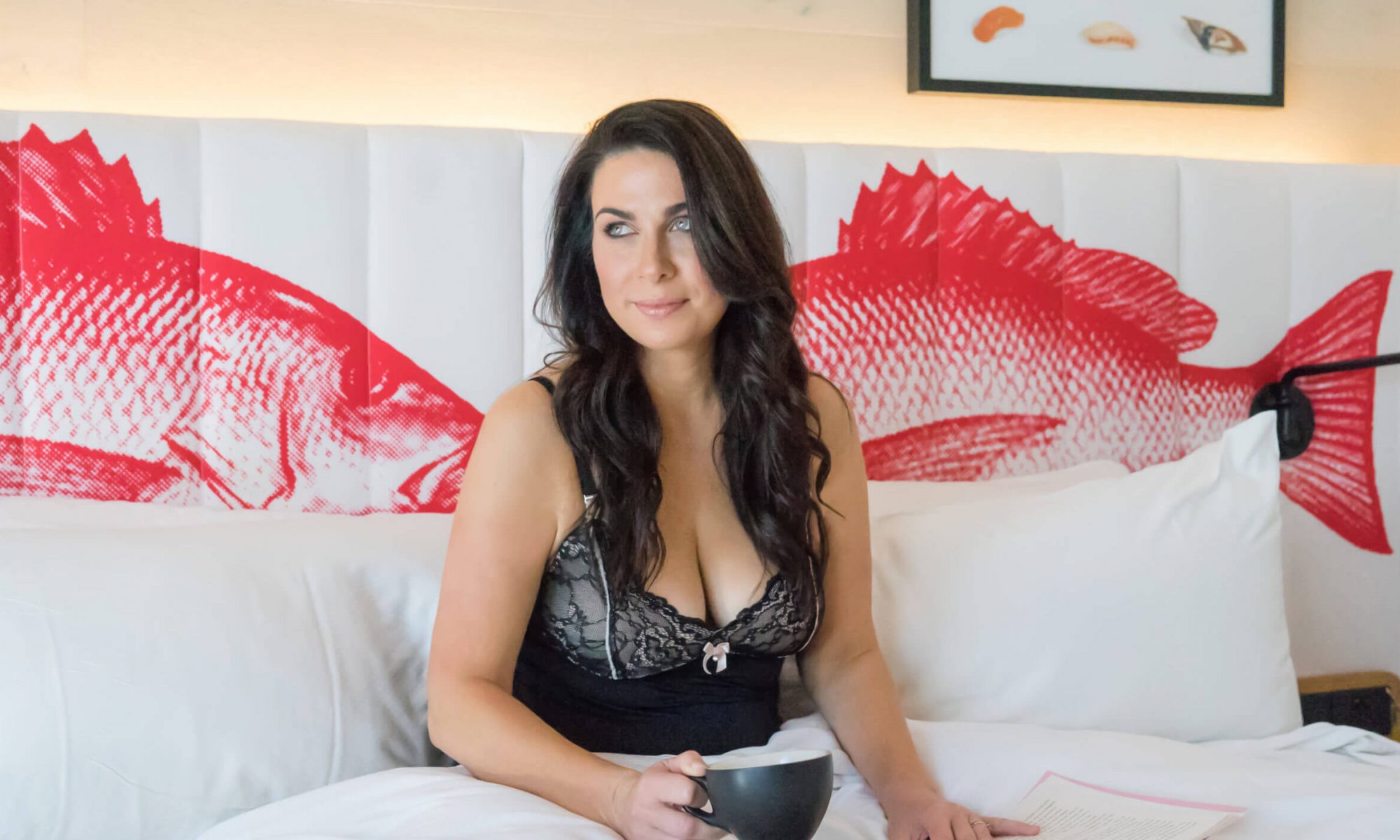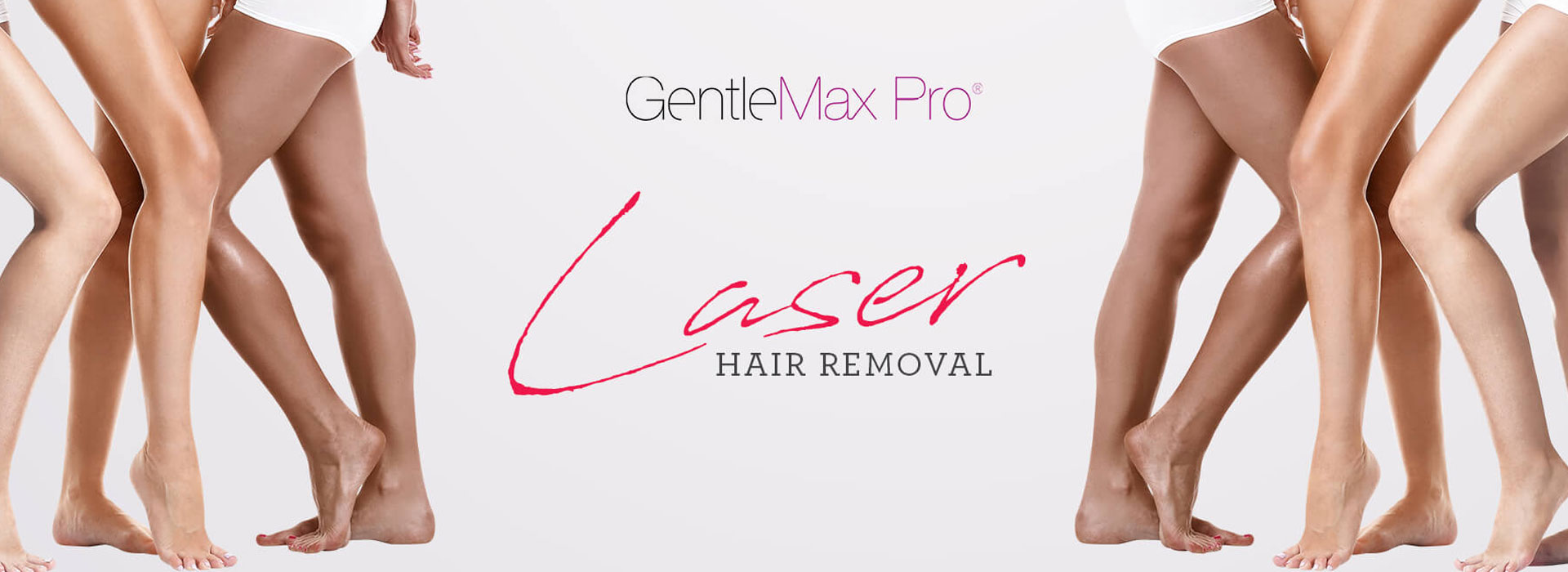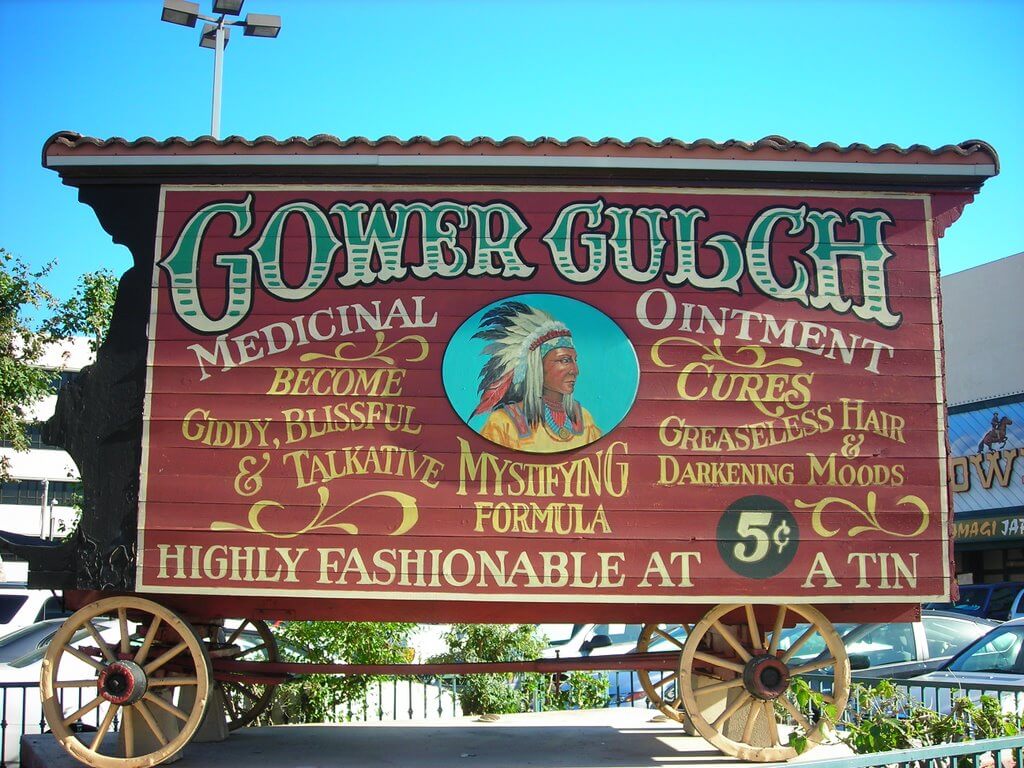You probably know all too well that after a big night, with very little sleep, you wake looking less “Sleeping Beauty” and more “Cruella de Vil”. But why does lack of sleep have such a huge impact on our looks?
Skin is the largest organ in the body. Skin spends all day as the first line of defence, protecting the other organs from all the nasties in the environment. It makes sense then, that this hard-working organ needs to rest at some point!
What happens to our skin at night?
Essentially, a myriad of events occurs throughout the night which allow for cell renewal, collagen production and the reversal of some of the free radical damage we experience throughout the day. We also produce a few important anti-ageing hormones during the night.
Melatonin, the sleep hormone, is naturally produced at night in both the brain and in some skin cells. Melatonin acts as a powerful antioxidant that aids in the DNA repair of sun damaged cells, meaning it is essential in the fight against wrinkles and pigmentation.
The first few hours of sleep are also when we produce Human Growth Hormone (HGH), essential in the fight against premature ageing. In a recent study, HGH was shown to improve the appearance of wrinkles (such as crow’s feet and forehead lines) among almost 80% of participants!
Why is 8 hours’ the goal for optimal beauty sleep?
Each night we go through a series of sleep cycles. Each cycle consists of individual stages of sleep that allow for tissue repair and restoration. For those of us lucky enough to get 8 hours’ sleep, we will enjoy around 5 of these “sleep cycles”, which is optimal for cell regeneration.
Sleep is not only a rest for our bodies, but also for our minds. While we’re enjoying the land of slumber, we’re not exposed to the stressors we face during the day. Stress creates a spike in the stress hormone, Cortisol. Cortisol wreaks absolute havoc on our skin causing inflammation and damaging collagen, which in turn leads to dehydration and an increase in the appearance of fine lines and wrinkles. More sleeping hours = less hours to stress!!
Why is it so important to remember to cleanse and apply your serums at night?!
Cell renewal peaks at around midnight. At this point, skin cells are most in need of vital nutrients. At the same time, permeability of the skin increases, meaning you get the greatest bang for your buck from your anti-ageing products.
What products are best to use at night?
Retinol (or Vitamin A), is essential for 70% of our skin’s ability to renew. Vitamin A however is broken down by sunlight, meaning it should strictly be applied as part of your night-time skin regime. Retinol, once wrongly thought to make skin more sensitive to the sun, is now considered crucial in both reversing sun damage (removes pigment, treats fine wrinkles and thickens the skin) as well as protecting the skin from further damage at a DNA level.
Important note: Retinol should not be used while pregnant or breastfeeding – we can help you with alternate products during pregnancy.
While the increased permeability of your skin is great for product absorption, it also means that you’re more susceptible to trans-epidermal water loss (hydration escaping!!), so a good moisturiser is ESSENTIAL at night. My favourite is Jan Marini’s Age Intervention Peptide Extreme. It contains a concentrated blend of peptides, antioxidants and hydrators that target wrinkles.
So, is “Beauty Sleep” a real thing? YES!





